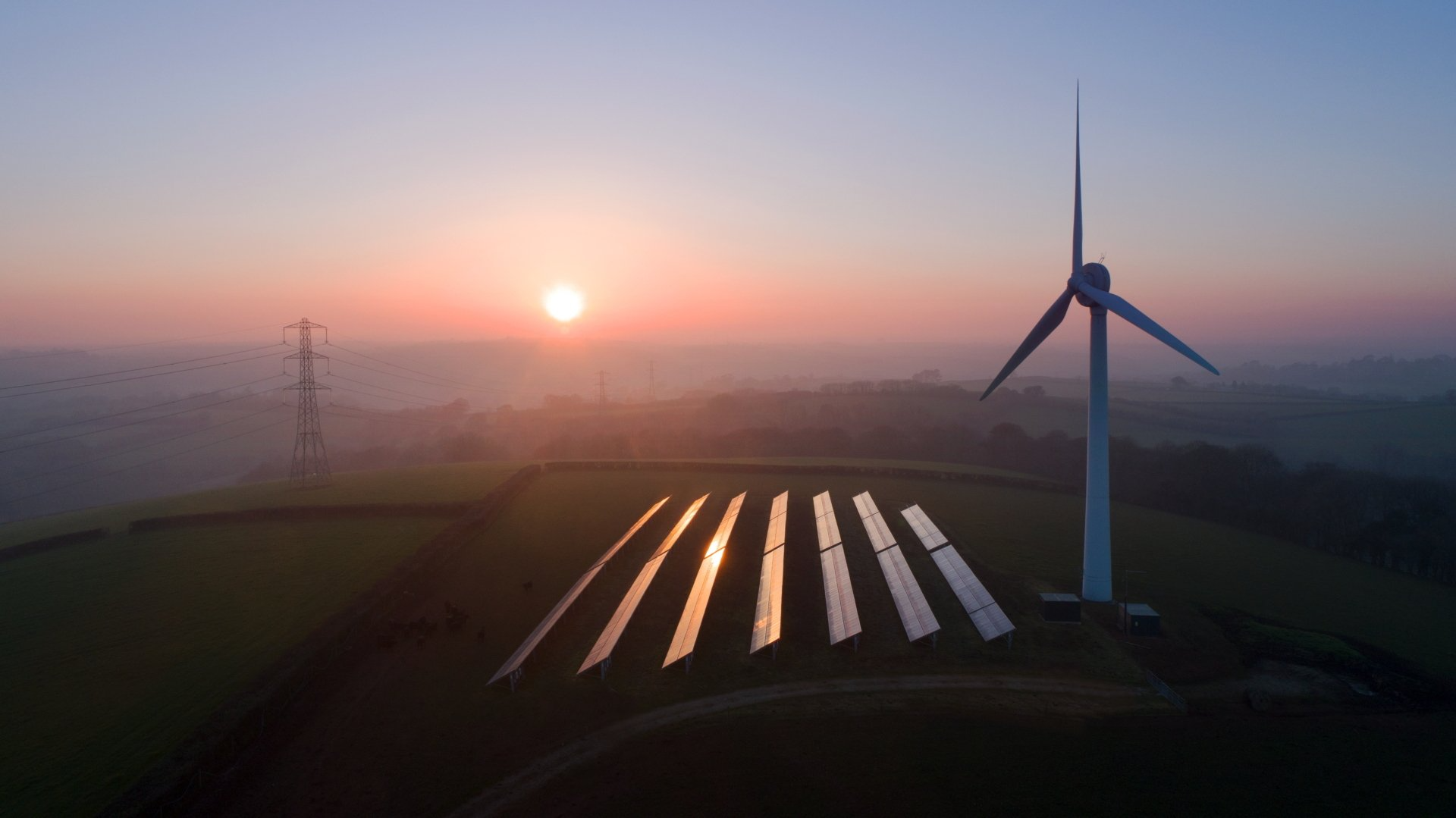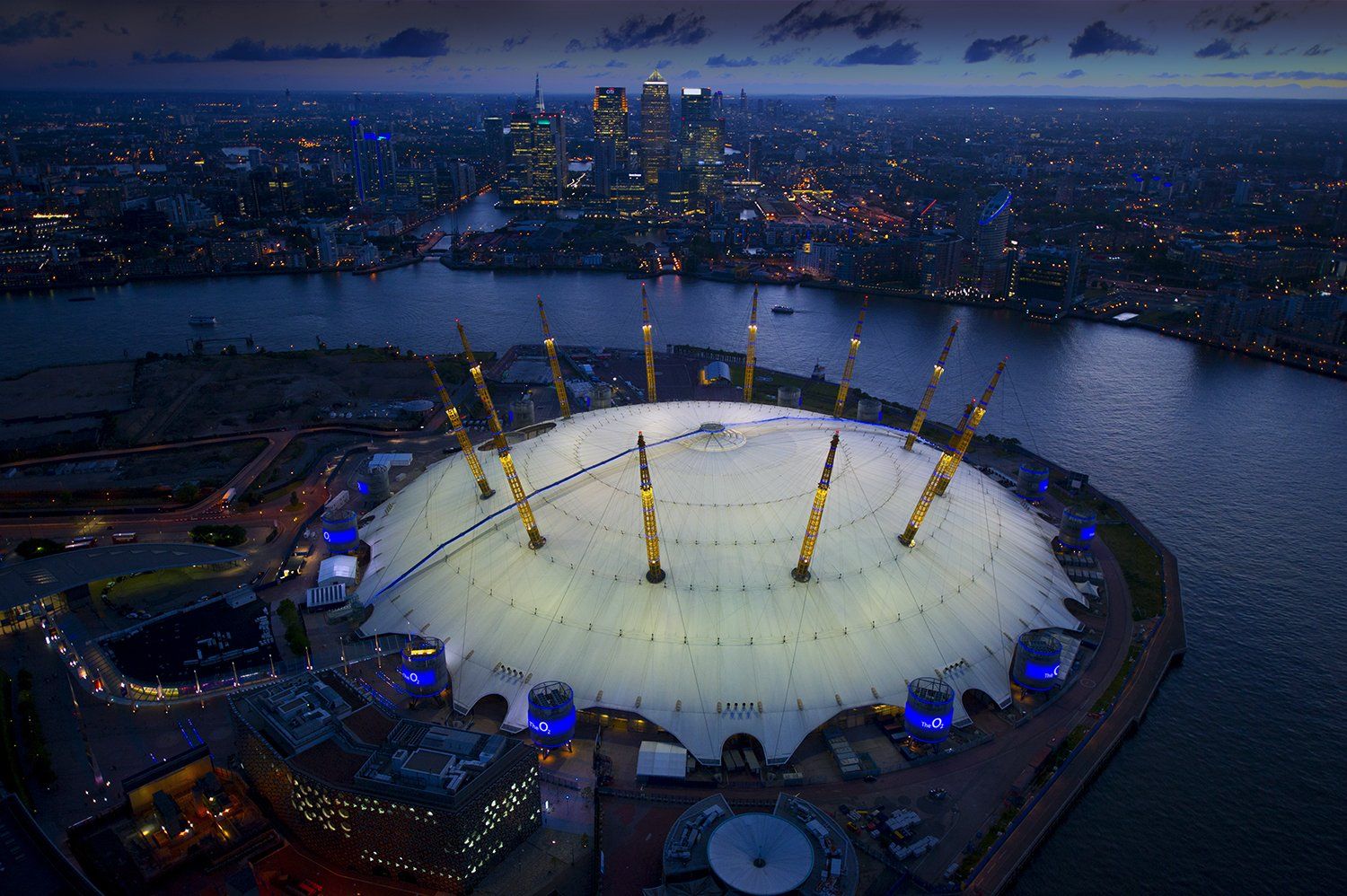Follow us
Welcome to the Content Hub
Utilising 200 years of experience to give your business insight and tips on energy efficiency, sustainability and more.
Energy efficiency, sustainability and carbon footprints
Read how we can help you and your business, today and tomorrow.

Wholesale energy prices have experienced unprecedented levels of volatility since the end of summer 2021, with both day ahead/spot and future contracts surging to all-time highs. In the last couple of months, prices have decreased but still remain high compared to a year ago. This period of high energy prices is expected to continue for the foreseeable future (see next section). Energy prices have surged for a number of reasons: A global increase in gas demand following the ease or end of Covid-related restrictions throughout 2021. After the pandemic, economies across the world started to recover. Asian countries like China saw their imports of Liquified Natural Gas (LNG) increase. This resulted in lower LNG shipments to the UK and Europe. On the supply side, the Covid-19 lockdowns pushed some maintenance work from 2020 into 2021 at a time when demand was recovering. In 2021, gas production hit a record low of 363TWh, 47TWh below the previous record low in 2013. Low production was the result of an extensive summer maintenance schedule which saw shutdowns at several major terminals, as well as the Forties Pipeline System which serves a significant proportion of UK gas and oil production. A lack of wind in the summer resulted in higher demand for conventional power. European gas storage in 2021 and Q1’22 remained far below previous years and it’s unclear how these are going to be replenished in the summer given the concerns around supply including the potential suspension of Russian gas flows due to sanctions. The 1,234km offshore Nord Stream 2 gas pipeline, which was designed to double the flow of gas between Russia and Germany (and by extension the rest of Europe) has been abandoned following the invasion of Ukraine. Gas storage in the UK is extremely minimal with capacity at less than 2% of the UK’s annual demand, compared with 22% for other European countries. Whilst the UK is not heavily reliant on gas coming from Russia, it sources almost half it’s gas supply from Europe. Hence, wholesale gas and power prices in the UK are now subject to knock-on-effects from the conflict in Ukraine.

Amidst rising energy costs, digitalisation, growing pressure from stakeholders and increasing regulation, organisations may struggle to define their pathway to a low-carbon future. What can you do to protect your business’ net zero plans from the challenges of volatility? Disruption and volatility are putting organisations under pressure. Digitalisation and new technology developments continue to challenge existing business models. Its increasing dependence on energy and encouraging businesses to drive change to secure competitive advantage. And as customers, employees and shareholders look to engage with companies who understand the importance of decarbonisation, pressure is mounting to prioritise sustainability.

As part of Ofgem’s Targeted Charging Review (TCR), the way in which Network Operators recover their costs from suppliers is changing. It means from the 1 April 2022, the distribution of these network charges will partly shift away from Unit Rates and into Standing Charges. And as a result, energy suppliers may change the way they price their electricity contracts. But what exactly does this mean for your business? Ralph Smith, Non-Commodity Cost Analyst at British Gas, outlines the new changes coming our way and how your business energy costs may be effected.

The success of net zero targets is dependent on improving emissions data, according to the BCS A new study done by the British Computer Society (BCS) revealed that 71% of tech experts don't feel policymakers and departments have the correct data to make net zero a reality. The study also claims that if governments and industries are not given better data they won't be able to achieve their pledges. According to the study the correct information on everything that emits carbon, from vehicles to homes and offices, must be accessible or setting net zero goals, such as those at COP26, will be pointless. 61% of those surveyed also stated that they think IT and digital technologies are not currently being used efficiently enough throughout industries to tackle climate change.
Contact us
Call now to get an energy quote for your business
> Call Now*
Large Business
Call now to find out how we can help you buy and use energy cost-efficiently
Here’s why thousands of customers are getting even more from their energy with British Gas
Effortless energy supply
With a wide range of tariffs, tailored energy solutions, smart metering, electronic billing, automatic payments and the ability to manage your account online
Personal touch
Our team of highly-skilled energy experts will handle your contract and give you regular status updates on any queries you may have
Energy360
Get control over your business energy use, identify consumption trends and drive operational cost savings with our energy management platform






